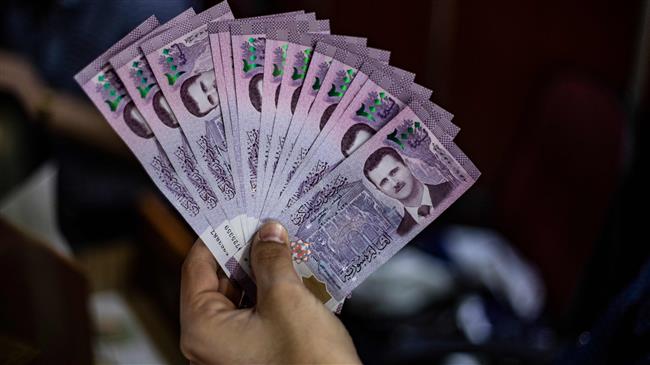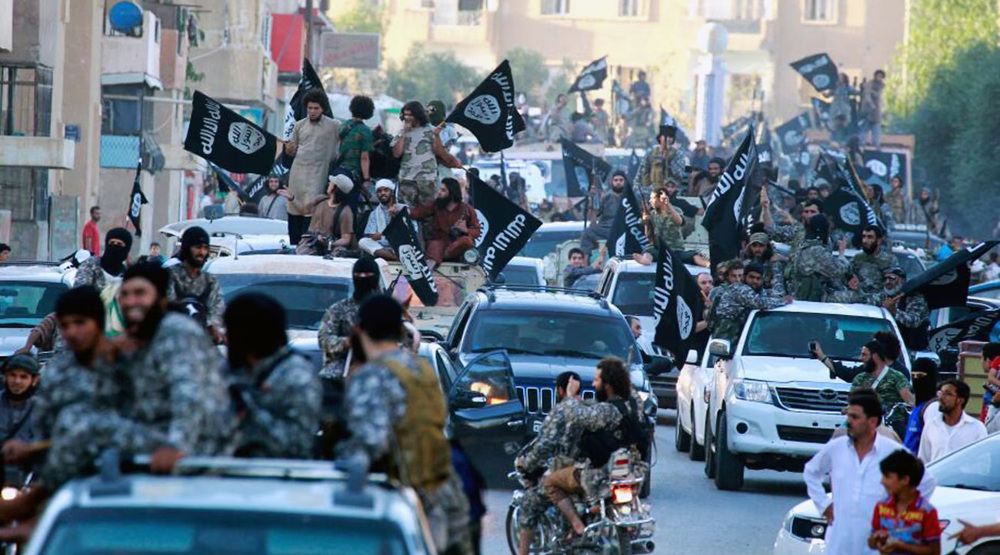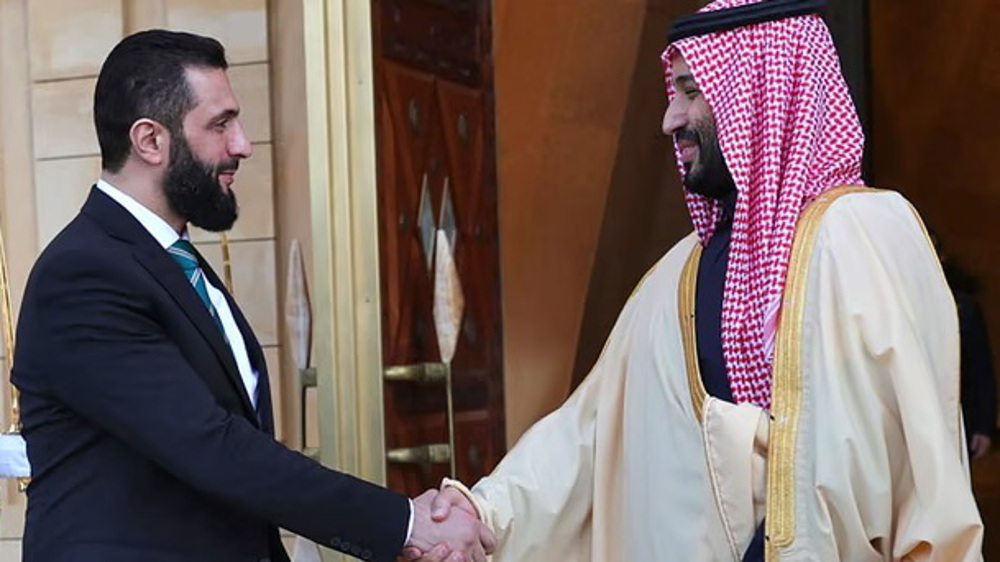Syria raises penalty on foreign currency use to seven years of hard labor
President Bashar al-Assad has increased the punishment for transacting in foreign currencies to seven years of hard labor, as part of the government’s efforts to prop up the Arab country’s pound.
A decree issued by President Assad “upped the penalty for anybody who deals in anything other than the Syrian pound for payments or any kind of commercial transaction,” the presidency said in a statement on Saturday.
The punishment, which also applies to transactions in precious metals, was stiffened from up to three years in detention to seven years of hard labor, as well as a fine, the statement read.
President Assad also increased fines for circulating information that seeks “to undermine confidence in the strength of the country’s currency,” the presidency said.
The Syrian pound has plummeted to 1,200 to the dollar on the black market in recent weeks, despite an official exchange rate fixed at 434 to the greenback.
The rate stood at 47 pounds to the dollar in 2011, when the foreign-backed conflict broke out in Syria.
International sanctions against Syria, damage to the country’s industry from the nearly nine-year war and panicked Syrians sending their money abroad have pushed the currency down sharply.
Prices for key staples such as sugar and rice have risen to record highs amid Western-backed sanctions against Damascus.
The devaluation of the Syrian pound has been exacerbated by a liquidity crisis in neighboring Lebanon, which has long served as a conduit for foreign currency into government-held areas of Syria.
According to the Financial Times, some 80 percent of wealthy Syrians keep their money in Lebanon, which has been hit by tough capital control since the protests erupted in October.
Speaking on condition of anonymity, a former Syrian banker told the Middle East Eye (MEE) that the Lebanese crisis closed a major door for Syria to get dollars.
The European Union has imposed harsh economic sanctions against Syria since 2011.
The sanctions currently in place against Syria include an oil embargo, restrictions on certain investments and a freeze of the assets of the Syrian central bank held in the EU.
The EU bans also target dozens of companies linked to the government of President Assad.
Despite Leader's martyrdom, Islamic Republic firmly in control and punishing the enemy
At least 31 killed in Israeli aggression on southern Lebanon after Hezbollah strikes
Iran writes to UN, warns about dire consequences for perpetrators following Leader's martyrdom
Hezbollah strikes occupied Haifa in retaliation for Leader's assassination
Ansarullah mourns Leader's martyrdom as 'great loss' caused by 'most wretched terrorists'
Hezbollah offers condolences to Iranian nation over Leader’s martyrdom
US-Israeli strike targets IRIB facility; broadcasts continue
IRGC: Latest waves of Op. True Promise 4 led to tanker strikes, base shutdowns, heavy casualties











 This makes it easy to access the Press TV website
This makes it easy to access the Press TV website